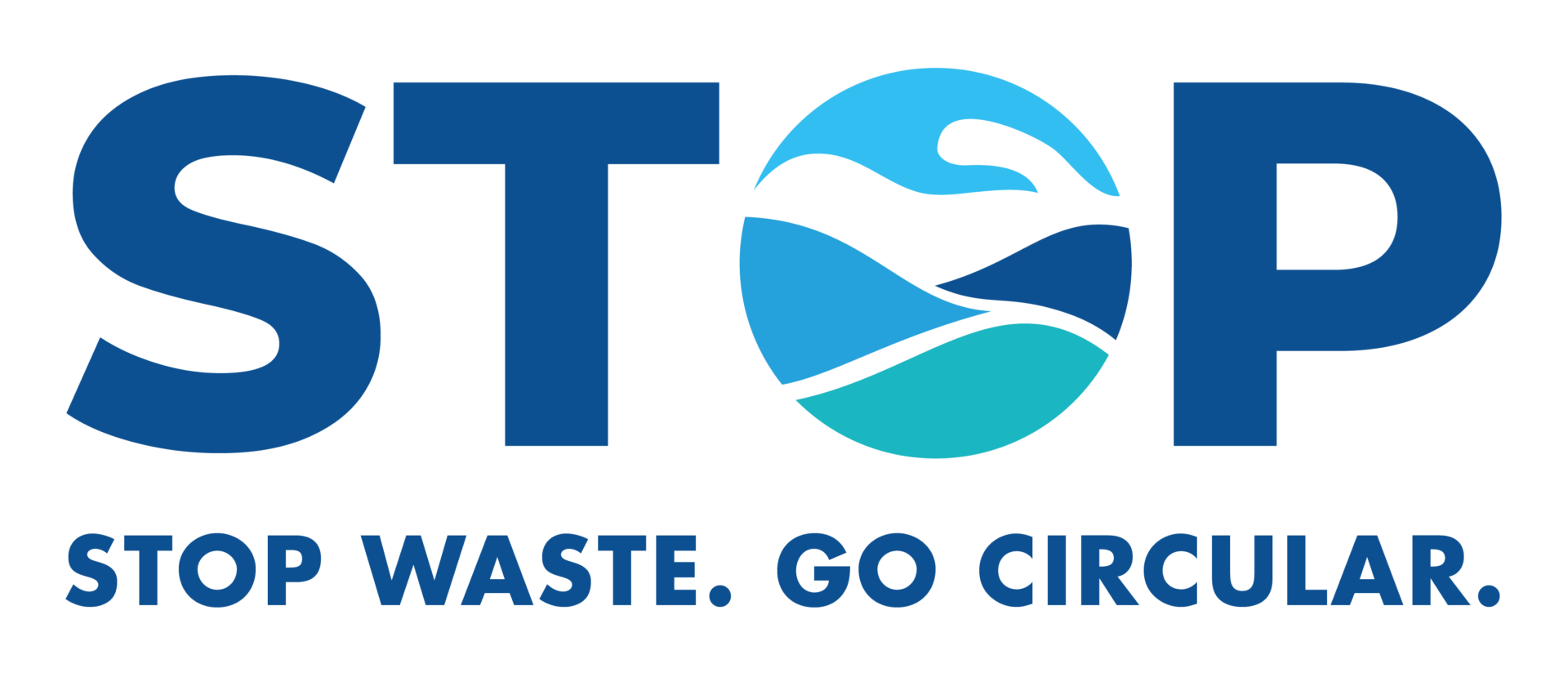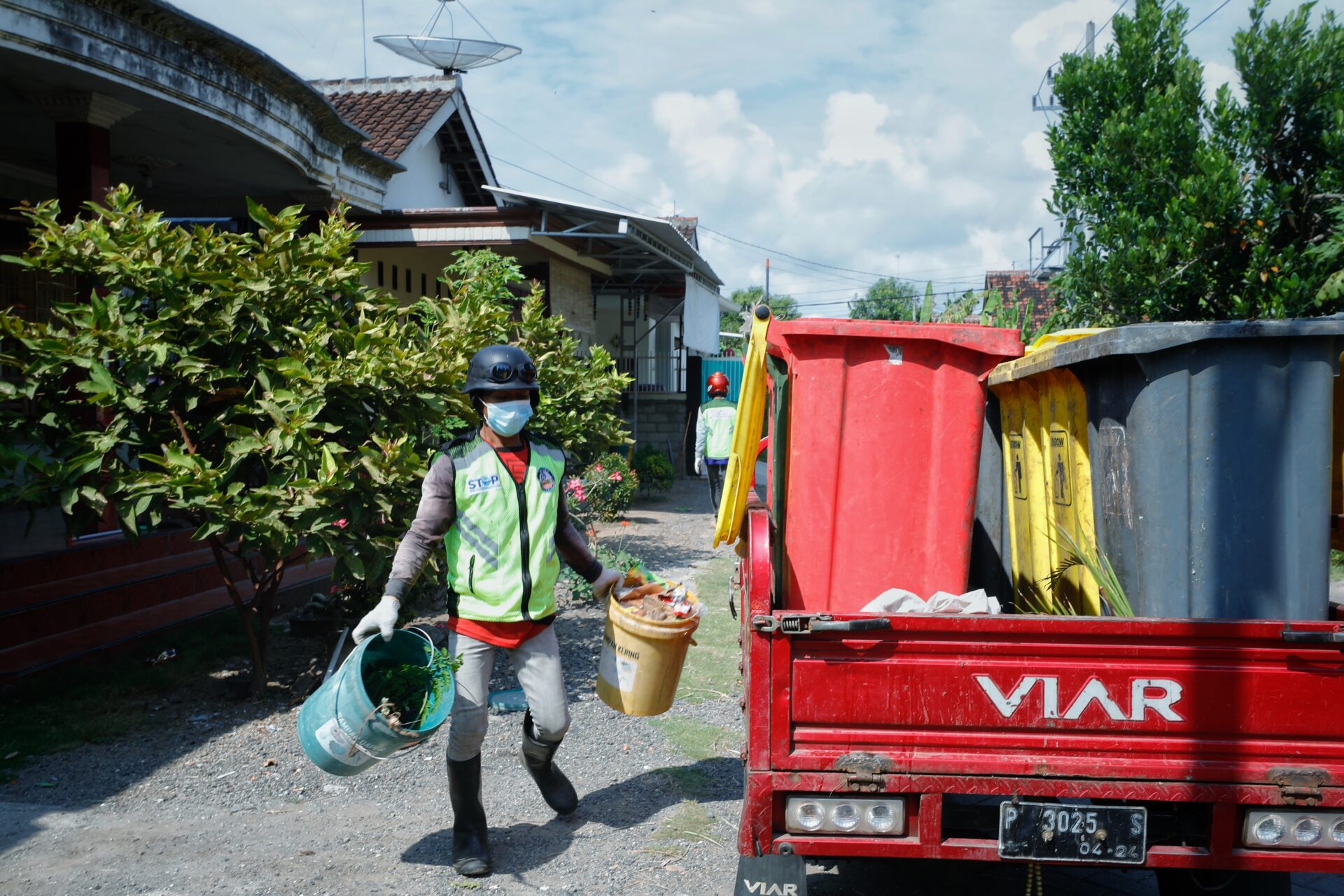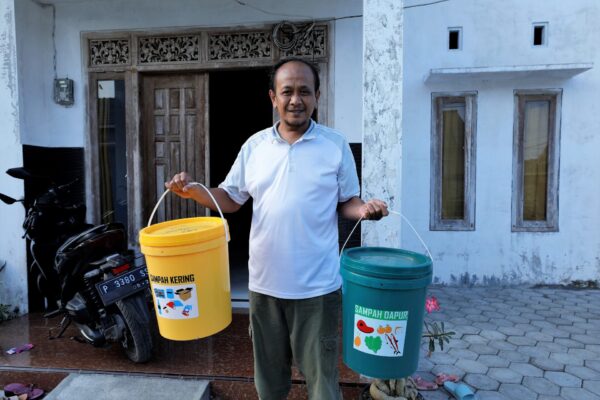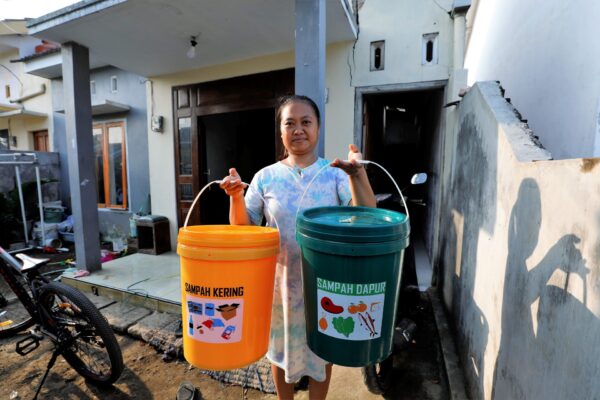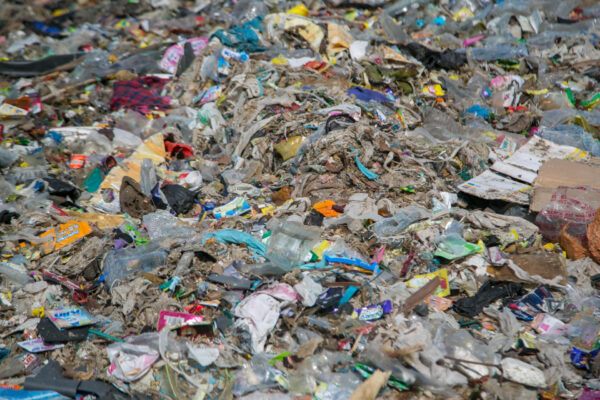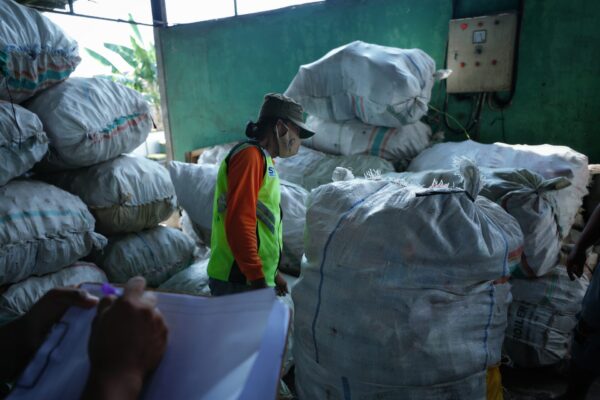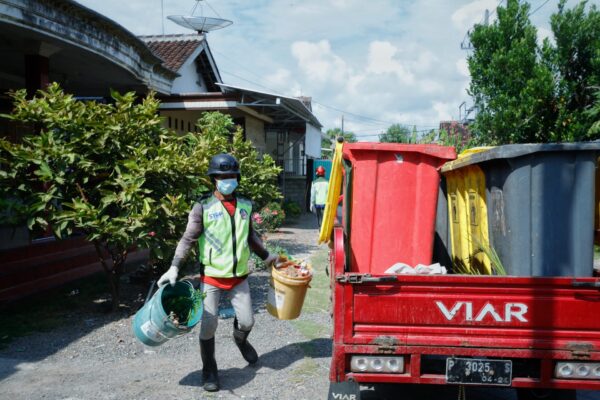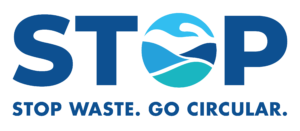PROJECT STOP
OVERVIEW
Every day 850 tonnes of waste are generated in Banyuwangi regency with over 78%, or 666 tonnes, mismanaged daily[1] primarily from households burning or dumping their waste in nearby rivers or the environment. Project STOP is working with the Banyuwangi government to implement Banyuwangi’s ambitious Solid Waste Master Plan, co-developed by several Banyuwangi Agencies, the CLOCC program[2] and Project STOP.
Project STOP Banyuwangi is an expansion from Project STOP Muncar that combines a regency level waste system model with a materials venture. This integrated approach of a circular waste and recycling solution allows Project STOP to optimise the waste economics. Launched in February 2022 by Borealis and Systemiq, in partnership with the Banyuwangi Government in East Java, Indonesia, Project STOP Banyuwangi is a collective initiative to strengthen the waste management systems approach for the better livelihood and healthy environment. Banyuwangi Regency is located in the east of the island of Java, the geographic and economic centre of Indonesia, and home to more than half its people.
The BWH program encourages the implementation of an integrated waste management system at the district level, including the establishment of the Balak Material Recovery Facility (MRF), which is currently built and operational in Balak Village, Songgon Sub-district. Supported by various partners, including the Coordinating Ministry for Maritime Affairs and Investment, the Ministry of Environment and Forestry, Banyuwangi Regency Government, Clean Rivers, Norwegian Ministry of Foreign Affairs, USAID, Borealis, Partnering for Green Growth and the Global Goals (P4G), Borouge, Accenture Foundation, and Systemiq, it is expected to promote local economic recovery and enhance the quality of public health, in line with the mission of the Banyuwangi Rebound program. Through collaboration, education, and appropriate infrastructure, it is hoped that the government and the community can create a cleaner and healthier environment.
[1] https://www.cloccglobal.org/post/clocc-finds-that-78-of-waste-in-banyuwangi-is-unmanaged
[2] https://www.cloccglobal.org/
Optimising the financial sustainability of waste collection and sortation remains a key priority for all partners to ensure future continuity of the system. Project STOP explores sustainable financing models through governmental and private sector systems. Renewed financing will support a coordinated governance model with clear responsibilities and accountabilities, further contributing to the waste system’s effectiveness and efficiency. These efforts in sum aim to contribute to Indonesia’s national commitment to reduce ocean plastic pollution by 70% by 2025.

